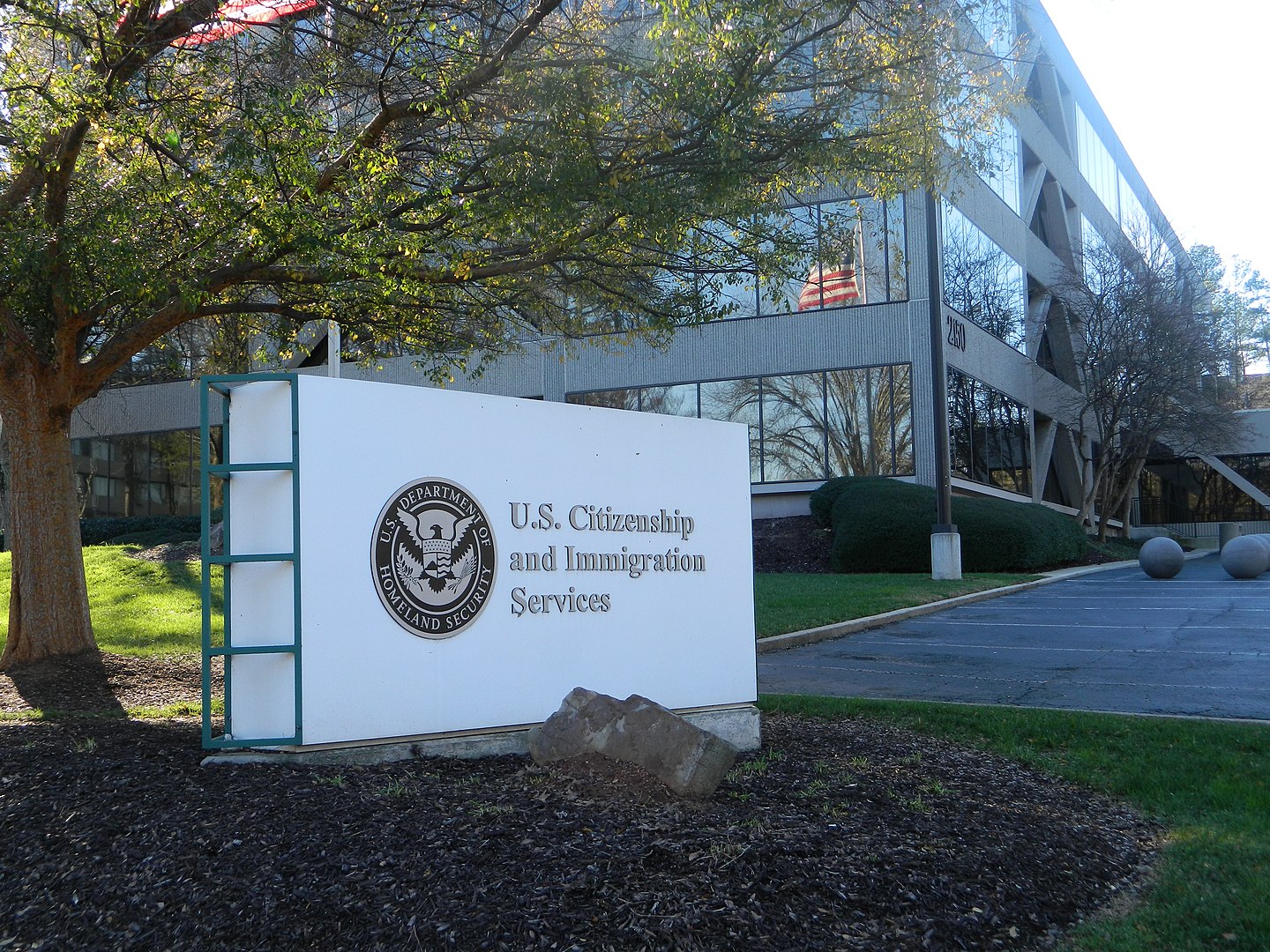Asylum Officers: Remain in Mexico ‘Virtually Guarantees’ Unlawful Removal of Asylum Seekers
The Migrant Protection Protocols (MPP) program has faced a great deal of criticism since the Trump administration unveiled the policy, colloquially known as Remain in Mexico, in January 2019. Now, the policy is facing public condemnation from within the Department of Homeland Security itself. A union representing asylum officers, the front-line adjudicators of humanitarian claims, filed an amicus brief with the U.S. Court of Appeals for the Ninth Circuit on Wednesday criticizing the MPP program.

Published by The Lawfare Institute
in Cooperation With

The Migrant Protection Protocols (MPP) program has faced a great deal of criticism since the Trump administration unveiled the policy, colloquially known as Remain in Mexico, in January 2019. Now, the policy is facing public condemnation from within the Department of Homeland Security itself. A union representing asylum officers, the front-line adjudicators of humanitarian claims, filed an amicus brief with the U.S. Court of Appeals for the Ninth Circuit on Wednesday criticizing the MPP program. Though they make a range of arguments, two are particularly relevant to their area of expertise: that the program’s protections against refoulement are inadequate, and that the MPP worsens inefficiencies in processing asylum claims.
Under the MPP program, people who seek asylum at ports of entry on the southern border can be removed to Mexico while they wait for a hearing in an immigration court located in the United States. These are people who would normally be processed through expedited removal, a form of summary deportation created by Congress in 1996. As Congress ramped up deportations with expedited removal, it took care to ensure that the United States complied with domestic and international law by requiring that asylum officers screen people for a fear of persecution. Those who pass this “credible fear” interview await their immigration court dates in the United States.
When the Trump administration created the MPP program, it was also conscious of this obligation and gestured at compliance by creating a novel process to screen people for a fear of return to Mexico. The federal officers who are charged with administering this process now argue that the MPP fear-screening “virtually guarantees” a violation of U.S. non-refoulement obligations. They point to two problems.
First, under the MPP program, those who arrive at a port of entry to seek asylum must affirmatively state that they fear persecution in Mexico, instead of being asked about it, as they are under expedited removal procedures. The asylum officers observe in their brief that “most asylum seekers ... would not volunteer” a fear of persecution. These officers are a valuable authority on this point, since they are trained to elicit this information and spend much of their time doing so. The government guarantees applicants that officers “will know that it may be difficult” for asylum seekers to “talk about traumatic and painful experiences,” which seems inconsistent with a requirement that people affirmatively claim protection that they may not know they are entitled to.
Second, the MPP program requires that asylum seekers who fear return to Mexico meet an elevated evidentiary standard. The asylum officers argue that this “more likely than not” standard of proof is inappropriate for interviews conducted at the border. This standard applies in some fear-based claims made in immigration court, where people receive a full evidentiary hearing. In credible fear interviews, where people don’t receive the full protections of an evidentiary hearing and haven’t had time to gather evidence and witnesses, much lower standards typically apply—with the understanding that more rigorous standards will apply later in court. “The standards of proof differ across stages for a reason,” observe the asylum officers, and a “more likely than not” standard applied in MPP interviews, which have even fewer protections than credible fear screenings, “all but ensures violation of the non-refoulement obligation.”
The asylum officers also argue that the MPP program worsens existing backlogs in courts and asylum offices. Their perspective on this point matters because they have daily experience with the challenges of quickly processing many asylum cases with limited resources. The expedited removal process, they say, strikes the right balance between protecting those who have viable persecution claims and removing those who do not. By putting more people’s cases directly onto immigration court dockets, the MPP program “adds to the already overwhelming burden on our country’s immigration judges[.]” And by diverting officers from expedited removal to MPP interviews, the program delays the removal of people unlikely to pass a credible fear interview and the approval of valid claims.
These officers join several other groups opposing the policy in the Ninth Circuit. Several former national security, diplomatic, and immigration officials, including former Director of National Intelligence James Clapper and former Secretary of Homeland Janet Napolitano, also submitted a brief criticizing the policy, as did the U.N. high commissioner for refugees. The Ninth Circuit panel that temporarily stayed a lower court order to halt the policy is considering whether to vacate that order. The parties are still submitting written arguments, and oral argument has not been scheduled.


.png?sfvrsn=48e6afb0_5)

